Search
Search Results

Video
Scythians: the alternative lifestyle of antiquity
Curator St John Simpson explains how the nomadic Scythians may not have lived in cities, but they still had the skill and desire to live the good life. The BP exhibition Scythians: warriors of ancient Siberia 14 September 2017 – 14 January...
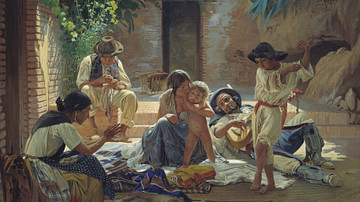
Definition
Romani
Romani is an umbrella term used to describe a diverse ethnolinguistic group of people with a historical presence in Europe and West Asia. The historically common term 'Gypsy' is based on the myth that they came from Egypt. In reality, the...
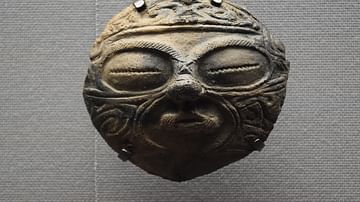
Definition
Jomon Period
The Jomon Period is the earliest historical era of Japanese history which began around 14500 BCE, coinciding with the Neolithic Period in Europe and Asia, and ended around 300 BCE when the Yayoi Period began. The name Jomon, meaning 'cord...
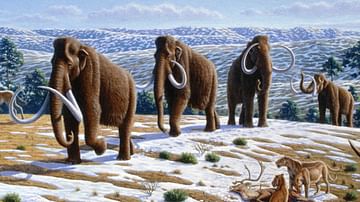
Article
Prehistoric Hunter-Gatherer Societies
Hunter-gatherer societies are – true to their astoundingly descriptive name – cultures in which human beings obtain their food by hunting, fishing, scavenging, and gathering wild plants and other edibles. Although there are still...

Article
The Monastic Movement: Origins & Purposes
In 313 CE, Constantine the Great (272 – 337 CE) ended the sporadic-yet-terrifying Christian persecutions under the Roman Empire with his “Edict of Milan,” and brought the Christian church under imperial protection. Not surprisingly...
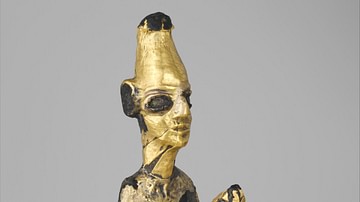
Definition
Canaan
Canaan was the name of a large and prosperous ancient country (at times independent, at others a tributary to Egypt) located in the Levant region of present-day Lebanon, Syria, Jordan, and Israel. It was also known as Phoenicia. The origin...
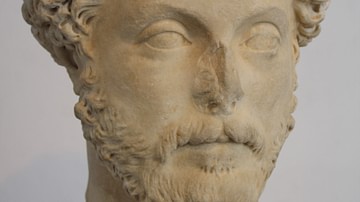
Definition
Marcus Aurelius
Marcus Aurelius (r. 161 to 180 CE) was a Roman emperor best known as the last of the Five Good Emperors of Rome (following Nerva, Trajan, Hadrian, and Antoninus Pius) and as the author of the philosophical work Meditations. Although it has...
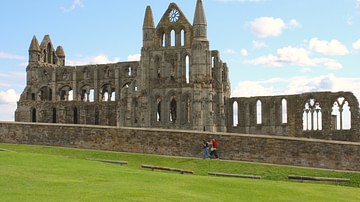
Definition
Medieval Monastery
A medieval monastery was an enclosed and sometimes remote community of monks led by an abbot who shunned worldly goods to live a simple life of prayer and devotion. Christian monasteries first developed in the 4th century in Egypt and Syria...
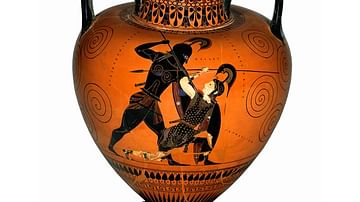
Definition
Pottery in Antiquity
Pottery is the first synthetic material ever created by humans. The term refers to objects made of clay that have been fashioned into the desired shape, dried, and either fired or baked to fix their form. Due to its abundance and durability...
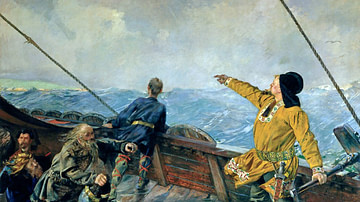
Definition
Leif Erikson
Leif Erikson (also spelled Leif Eriksson, Old Norse Leifr Eiríksson), nicknamed Leif 'the Lucky', was a Norse Viking who is best known for arguably being the first European to have set foot on North American soil along with his crew c. 1000...